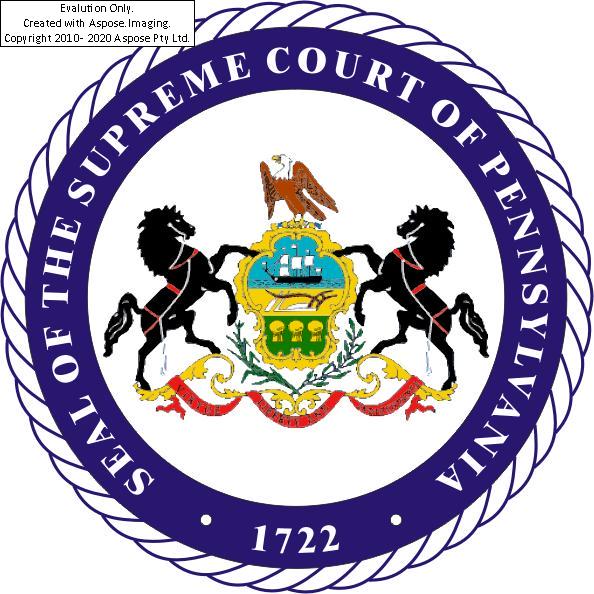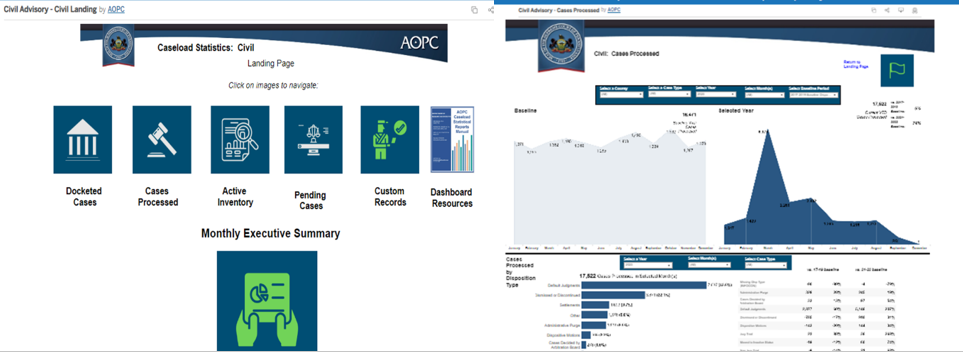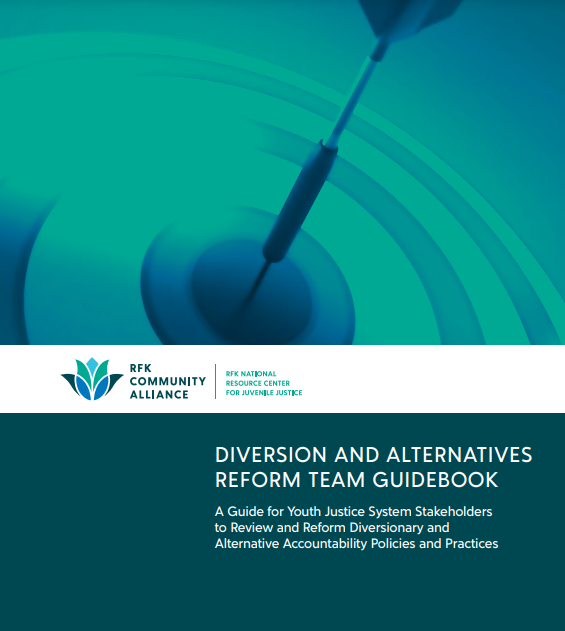Nation’s top rural policy reformers select six programs to serve as examples for rural communities
December 5, 2023 (Williamsburg, VA)- The Rural Justice Collaborative (RJC) Advisory Council, composed of rural judges along with additional stakeholders in the justice, child welfare, behavioral health, and
public health systems, selected six of the country’s most innovative rural justice programs to serve as models for other communities. The RJC initiative provides resources to enable rural communities to replicate these Innovation Sites’ successes.
From implementing restorative justice panels in rural Alaska to providing access to recovery support services in Massachusetts, the new class of Innovation Sites work on solving problems in underserved communities across America. “This is the third, and final, year we’re adding to the Rural Justice Innovation Site roster, and I’m continually impressed at the innovations we’re finding during this highly competitive selection process,” said Tara Kunkel, Executive Director of Rulo Strategies and co-director of
the RJC in partnership with the National Center for State Courts (NCSC). “We know that many rural communities lack access to resources to develop their own program concepts from scratch. So, when they find examples of other communities that have developed innovative solutions to complex problems, they can emulate those frameworks.” The Rural Justice Innovation Site Program is the first nationally concerted effort for justice leaders and their collaborators in other sectors to share what they know.
Research shows rural Americans are more likely than urban residents to be jailed, overdose, and lack access to substance use and mental health care and public health services. Communities sometimes try to implement solutions that have worked in urban centers but those are often unsuccessful. “Programs that are built in rural communities and informed by rural practitioners are providing solutions that take into account unique geographic characteristics and the availability of resources,” said Jonathan Mattiello, Executive Director of the State Justice Institute (SJI).
Innovation Sites work with the RJC to create educational materials for an online resource center. The sites also host visits and participate in regional conferences. “Thanks to funding from SJI, we’re compiling a deep pool of knowledge and actionable content that individual communities may not have the resources to put together on their own,” said Michelle Cern of the National Center for State Courts who serves as the co-director for the RJC. “These coaching and mentoring resources will allow rural community leaders to quickly get up to speed on promising and best practices and avoid missteps so they can launch their own successful initiatives.”
New Rural Justice Innovation Sites
(For full descriptions of each program, visit https://www.ruraljusticecollaborative.org/innovation-sites.)
○ Alaska’s Tribe/State Rural Court Restorative Justice Program | 4th Judicial District
Restorative justice processes in rural Alaska include, but are not limited to, circle sentencing, family group conferencing, reparative boards such as Elders panels, and victim/offender mediation.
○ End Domestic Violence Task Force | City of Kingsville and Kleberg County Texas
With the nearest domestic violence shelter located more than an hour away, this task force developed a three-component solution to support individuals in domestic violence situations as they seek help.
○ Jersey County Drug Court Program | Jersey County, Illinois
The Jersey County Drug Court program is responsive to social determinants of health by providing housing and employment services to participants in partnership with local community-based organizations.
○ Operation Better Together | Adams County Ohio
Operation Better Together is a collaborative that addresses issues related to child welfare, substance use disorders, and access to treatment for individuals and families involved in the criminal justice system. Programs include jail-based treatment, access to virtual treatment, a ‘Justice Bus’ that provides free legal aid and services, and prevention events to reduce the number of children in foster care.
○ Project NORTH (Navigation, Outreach, Recovery, Treatment, and Hope) | Berkshire County, Massachusetts
Project NORTH is a free, confidential, and voluntary court-based program providing access to recovery support navigation, transportation, and certified sober housing for court-involved individuals and families impacted by substance use. It is operational in 14 courts across Massachusetts.
○ Substance Use Disorder and Reentry Initiative at Legal Aid of West Virginia | Statewide
Legal Aid of West Virginia (LAWV) helps individuals affected by substance use achieve long-term recovery by reducing or removing legal barriers to safe housing, transportation, and employment. They do this through several programs including a Recovery Medical-Legal Partnership Program and a Jobs & Hope Project.
About the Rural Justice Collaborative
The RJC showcases the strengths of rural communities and highlights the cross-sector collaboration that is a hallmark of rural justice systems. The work under the RJC is supported by a cross-sector advisory council composed of rural judges along with additional stakeholders in the justice, child welfare, behavioral health, and public health systems. The advisory council will guide the multi-year initiative and identify innovative programs and practices.
The RJC priority focus areas are:
○ Increasing access to behavioral health treatment
○ Reducing victimization
○ Facilitating employment/educational opportunities for justice involved individuals
○ Eliminating barriers of access to justice
○ Reducing incarceration
○Facilitating reentry
○Reducing the number of children in foster care due to substance use disorders
About the National Center for State Courts
The National Center for State Courts, headquartered in Williamsburg, Va., is a nonprofit court organization dedicated to improving the administration of justice by providing leadership and service to the state courts. Founded in 1971 by the Conference of Chief Justices and Chief Justice of the United
States Warren E. Burger, NCSC provides education, training, technology, management, and research services to the nation’s state courts. Learn more at ncsc.org.
About Rulo Strategies
Rulo Strategies is a woman-owned business focused on supporting and evaluating initiatives designed to foster collaboration between diverse stakeholders with distinct but complementary missions. Founder Tara Kunkel served as a Senior Policy Advisor to the U.S. Department of Justice, Bureau of Justice Assistance (BJA) where she advised on the policy direction of all opioid-related and overdose prevention initiatives. Learn more at rulostrategies.com.
About the State Justice Institute
The State Justice Institute (SJI) was established by federal law in 1984 to award grants to improve the quality of justice in state courts, and foster innovative, efficient solutions to common issues faced by all courts. SJI is a non-profit corporation governed by an 11-member Board of Directors appointed by the President and confirmed by the Senate. Learn more at sji.gov.










